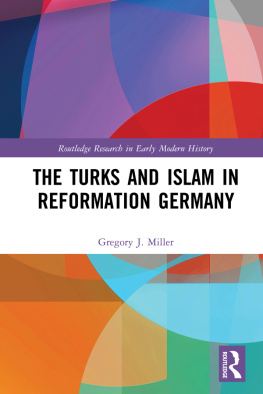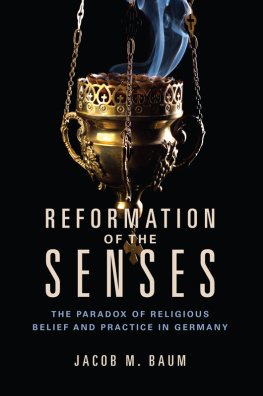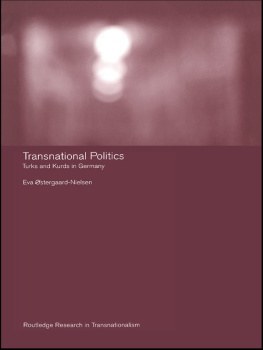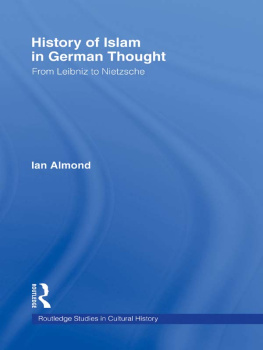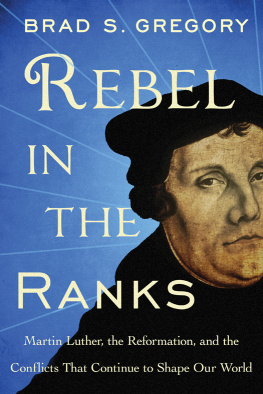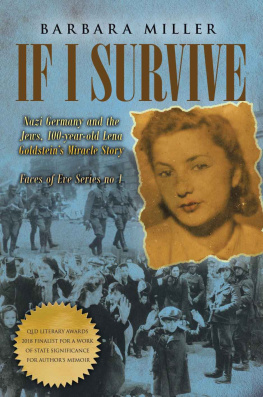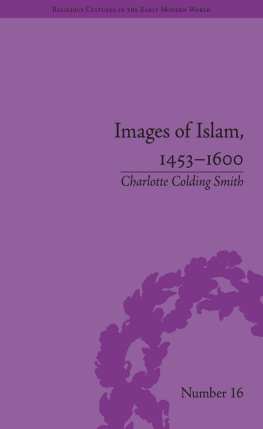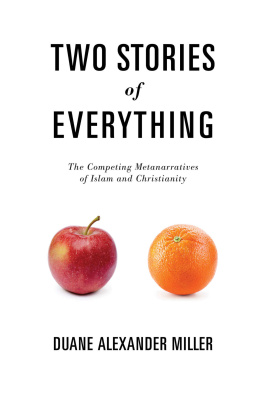The Turks and Islam in Reformation Germany
Although their role is often neglected in standard historical narratives of the Reformation, the Ottoman Turks were an important concern of many leading thinkers in early modern Germany, including Martin Luther. In the minds of many, the Turks formed a fearsome, crescent-shaped horizon that threatened to break through and overwhelm. Based on an analysis of more than 300 pamphlets and other publications across all genres and including both popular and scholarly writings, this book is the most extensive treatment in English on views of the Turks and Islam in German-speaking lands during this period. In addition to providing a summary of what was believed about Islam and the Turks in early modern Germany, this book argues that new factors, including increased contact with the Ottomans as well as the specific theological ideas developed during the Protestant Reformation, destabilized traditional paradigms without completely displacing inherited medieval understandings. This book makes important contributions to understanding the role of the Turks in the confessional conflicts of the Reformation and to the broader history of Western views of Islam.
Gregory J. Miller is Professor of History at Malone University.
Routledge Research in Early Modern History
For a full list of titles in this series, please visit www.routledge.com
In the same series:
The Business of the Roman Inquisition in the Early Modern Era
Germano Maifreda
Cities and Solidarities
Urban Communities in Pre-Modern Europe
edited by Justin Colson and Arie van Steensel
James VI and Noble Power in Scotland 15781603
edited by Miles Kerr-Peterson and Steven J. Reid
Conversion and Islam in the Early Modern Mediterranean
The Lure of the Other
edited by Claire Norton
Plural Pasts
Power, Identity and the Ottoman Sieges of Nagykanizsa Castle
Claire Norton
Witchcraft, the Devil, and Emotions in Early Modern England
Charlotte-Rose Millar
Early Professional Women in Northern Europe, c. 16501850
edited by Johanna Ilmakunnas, Marjatta Rahikainen, and Kirsi Vainio-Korhonen
The Solemn League and Covenant of the Three Kingdoms and the Cromwellian Union, 16431663
Kirsteen M. MacKenzie
London, Londoners and the Great Fire of 1666
Disaster and Recovery
Jacob F. Field
The Turks and Islam in Reformation Germany
Gregory J. Miller
First published 2018
by Routledge
711 Third Avenue, New York, NY 10017
and by Routledge
2 Park Square, Milton Park, Abingdon, Oxon OX14 4RN
Routledge is an imprint of the Taylor & Francis Group, an informa business
2018 Taylor & Francis
The right of Gregory J. Miller to be identified as author of this work has been asserted in accordance with sections 77 and 78 of the Copyright, Designs and Patents Act 1988.
All rights reserved. No part of this book may be reprinted or reproduced or utilised in any form or by any electronic, mechanical, or other means, now known or hereafter invented, including photocopying and recording, or in any information storage or retrieval system, without permission in writing from the publishers.
Trademark notice: Product or corporate names may be trademarks or registered trademarks, and are used only for identification and explanation without intent to infringe.
British Library Cataloguing-in-Publication Data
A catalogue record for this book is available from the British Library
Library of Congress Cataloging-in-Publication Data
A catalog record for this book has been requested
ISBN: 978-1-138-30023-1 (hbk)
ISBN: 978-1-315-13607-3 (ebk)
Typeset in Sabon
by Apex CoVantage, LLC
1
Sixteenth-Century Bestsellers
Once only on the edges of early modern European scholarship and on the margins of maps, the Ottoman Turks have begun to be recognized as an important part of the mental world of sixteenth-century Europeans. As is the case with many kinds of otherness, when one becomes aware of them, the Turks seem to be everywhere in the period. In the first half of the sixteenth century alone, for example, over 600 books, pamphlets, ballads, and broadsheets with the Turks and/or Islam as the main subject were published in Western Europe. Throughout Europe, pamphlets reported one Ottoman victory after another. As far away as England, the Turk was a catchword for unexpected attack and invasion. The confluence of this perceived danger with the Renaissance interest in the exotic produced a knowledge hunger that was fueled by the development of new print technology. Although it is tenuous to argue that the quantity of publication on a topic alone demonstrates the level of contemporary importance, it seems clear that sixteenth-century Europeans were fascinated with the Ottomans.
One particularly important subgenre of this Turcica was captivity narratives. For much of Western Europe in the Late Middle Ages and Renaissance, these narratives were among the few available sources concerning life in the Ottoman Empire behind what might be termed the crescent curtain. Apart from Venetian news reports, until the mid-sixteenth century reports from former captives provided the most extensive information.
Captivity narratives played a much greater role than simply entertainment, however. They had an enormous impact on the shaping of Western views of Islam. These ex-slaves wrote with authority. They could speak the languages of the Ottoman Empire. They had spent long years inside Turkey, seeing society in a way that, for example, a reporting itinerant traveler could not.).
In Reformation Germany two publications by former slaves of the Turks were particularly important. The Tractatus de moribus Turcarum , (c.1480) [Pamphlet on the Customs of the Turks] attributed to George of Hungary, and Bartholomew Georgijevic two-part publication De Turcarum ritu et caeremoniis [On the Rituals and Ceremonies of the Turks] and De afflictione tam captivorum quam etiam sub Turcae tributo viventium Christianorum [On the Afflictions of the Captive Christians Living under the Tribute of the Turks] (both 1544).).
Of course, escaped slave reports make up only a fraction of the body of Western literature about Islam and the Turks in early modern Europe. The historical confluence of Ottoman expansion and the development of widespread moveable type printing created an explosion of small booklets and broadsheets about the exotic Turks. This production was directly tied to the military conflict with the Ottoman Empire. Some pamphlets on the Turks were published each year, but production soared during periods of more intense military confrontation, especially the 1529 siege of Vienna, the 1532 Ottoman campaign, and the 1542 annexation of Hungary. When the threat increased, general interest in the Turks increased as well.
Although nearly every land with a printing industry published little booklets on the Turks (in German: Trkenbchlein ) the majority were published in Italy, France, the Low Countries, and especially in Germany. During the first half of the sixteenth century alone, more than 350 pieces

Martin Luthers edition of George of Hungary, 1530


